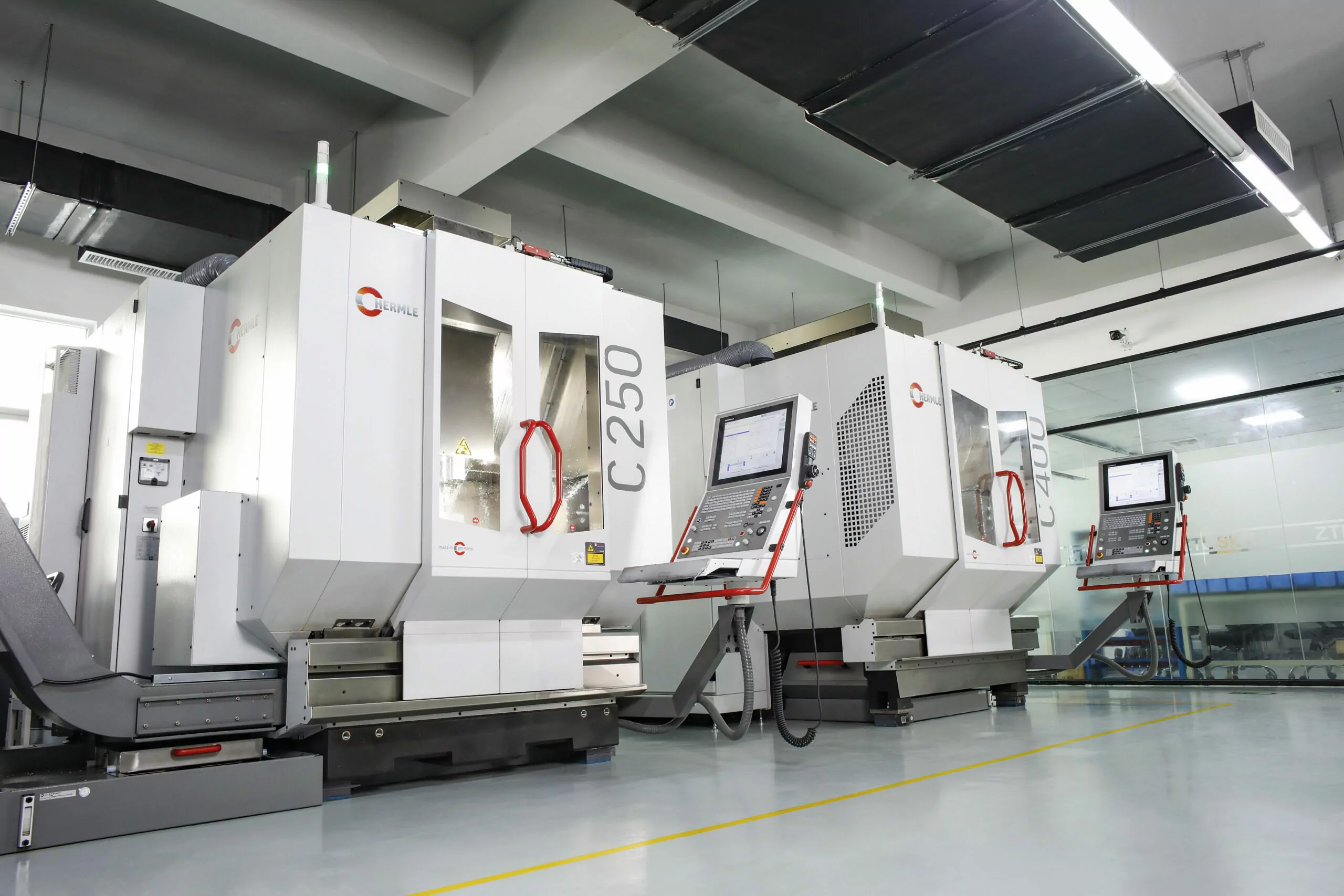Guest
Guest
Mar 01, 2024
9:06 AM

|
Custom Metal Casting
Custom metal casting is a versatile manufacturing process that has been used for centuries to create a wide range of metal parts and products. From intricate jewelry pieces to large industrial components, custom metal casting offers a cost-effective and efficient way to produce complex shapes and designs. In this comprehensive guide, we will explore the different types of custom metal casting processes, their applications, and the advantages they offer. 
Understanding the Basics of Custom Metal Casting
Before delving into the various types of custom metal casting processes, it's important to understand the basic principles behind this manufacturing technique. Custom metal casting involves pouring molten metal into a mold cavity, where it solidifies and takes the shape of the mold. Once the metal has cooled and solidified, the mold is removed, leaving behind the desired metal part. This process allows for the production of intricate and complex shapes that may be difficult or impossible to achieve through other manufacturing methods.
The Different Types of Custom Metal Casting Processes
There are several different types of custom metal casting processes, each with its own unique advantages and applications. Some of the most common types of custom metal casting processes include sand casting, investment casting, die casting, and centrifugal casting. Each of these processes has its own set of advantages and is suitable for different types of metal parts and products.
Sand Casting
Sand casting is one of the oldest and most widely used custom metal casting processes. It involves creating a mold by packing sand around a pattern of the desired part. Once the mold is prepared, molten metal is poured into the cavity, where it solidifies and takes the shape of the mold. Sand casting is ideal for producing large, heavy parts and is a cost-effective option for low to medium volume production runs.
Investment Casting
Investment casting, also known as lost-wax casting, is a precision casting process that is used to produce parts with high accuracy and intricate details. In this process, a wax pattern of the part is coated with a ceramic shell, which is then heated to melt and remove the wax. Molten metal is then poured into the cavity, creating a precise replica of the wax pattern. Investment casting is commonly used for producing small, complex parts for industries such as aerospace, automotive, and jewelry.
Die Casting
Die casting is a highly efficient custom metal casting process that is used to produce parts with high dimensional accuracy and smooth surface finishes. In die casting, molten metal is forced into a steel mold under high pressure, resulting in fast cycle times and the ability to produce large quantities of parts. This process is commonly used for producing components for the automotive, appliance, and electronics industries.
Centrifugal Casting
Centrifugal casting is a specialized custom metal casting process that is used to produce cylindrical parts such as pipes, tubes, and rings. In this process, molten metal is poured into a rotating mold, where centrifugal force distributes the metal along the mold cavity, creating a hollow part with a uniform grain structure. Centrifugal casting is ideal for producing high-quality, defect-free parts with excellent mechanical properties.
The Advantages of Custom Metal Casting
Custom metal casting offers several advantages over other manufacturing processes, making it a popular choice for a wide range of industries. Some of the key advantages of custom metal casting include the ability to produce complex shapes, high dimensional accuracy, excellent surface finishes, and the ability to use a wide variety of metals and alloys. Additionally, custom metal casting is a cost-effective option for both low and high volume production runs, making it a versatile and efficient manufacturing technique.
In conclusion, custom metal casting is a versatile and efficient manufacturing process that offers a wide range of advantages for producing metal parts and products. By understanding the different types of custom metal casting processes and their applications, manufacturers can make informed decisions about the most suitable casting method for their specific needs. Whether it's sand casting, investment casting, die casting, or centrifugal casting, each process has its own unique advantages and is well-suited for different types of metal parts and products. References
|